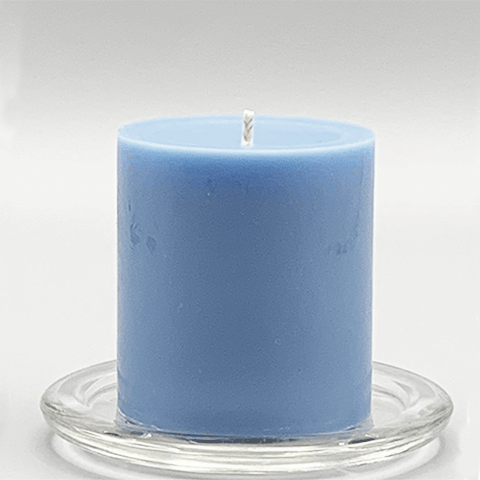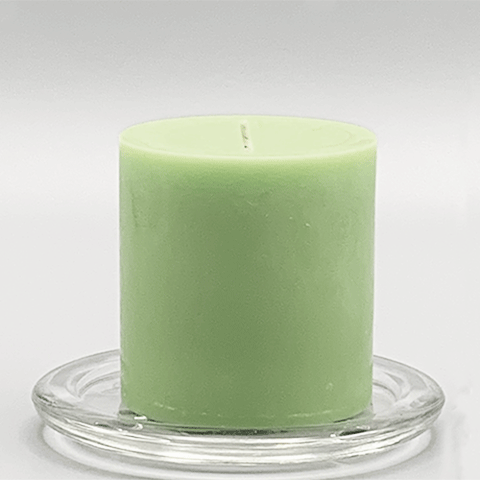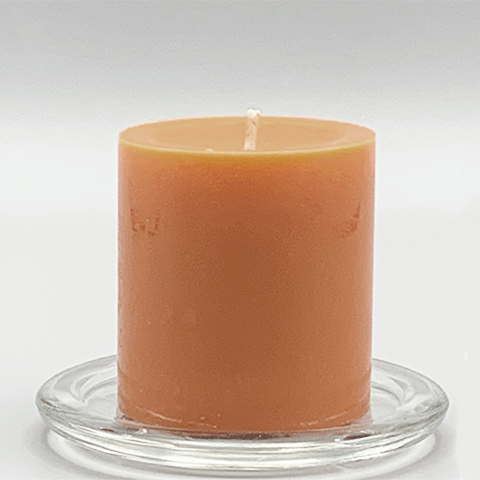This is the obituaries section for people who have made a contribution to the area – Combe Down, Monkton Combe, Midford
It’s a form of recognition and hopefully will shed some light on interesting aspects of the people of Combe Down.
If you are submitting an obituary for publication, then you may wish to read these hints: How to write a tremendous obituary.
Isabel Diana Colegate
09/10/1931 - 03/12/2023

Obituary For Isabel Diana Colegate
From The Guardian 15/3/2023
The writer Isabel Colegate, who has died aged 91, had her greatest success with The Shooting Party, published as a novel in 1980 and adapted into a film four years later. Like most of her 13 novels, it was set among the country-living English upper classes in the first half of the 20th century.
This was familiar home territory to Colegate, and although her writing never suggested she was inclined to tear down that privilege, she nevertheless sought to unravel the uneasy secrets of the grand English country house, often to a backdrop of war, politics and financial disarray.
In The Shooting Party, Colegate skilfully assembled a broad swathe of characters representing both the aristocrats of England in 1914 and those who served them. All seems set fair for a house party and a shoot, but there are undercurrents of conflicting ideas, and the violent death of a poacher signifies the end of that pre-first world war era. “Yes, he was only a peasant. But we all knew him, you see,” explains the teenage granddaughter of the house – one of Colegate’s strengths lay in portraying the nuances of class.
As the novel’s first line proclaims: “It caused a mild scandal at the time …” But not enough to frighten the horses. It was the coming conflict that would do that, as Colegate, too, acknowledged.
When the book came to be filmed, Colegate co-wrote the screenplay, and its starry cast included Dorothy Tutin, John Gielgud and James Mason. The book was also adapted for BBC Radio 4 in 2010, with Olivia Colman. In his foreword to the Penguin Modern Classics edition, Julian Fellowes, who wrote the Oscar-winning script for Gosford Park, wrote of his debt to Colegate; in 1981 the work won a WH Smith literary award.
Born in Paddington, London, Isabel was the youngest of four daughters of Winifred (nee Worsley), the daughter of a Yorkshire squire, and Sir Arthur Colegate, a businessman and Conservative MP. Isabel spent a happy childhood in affluent and rural surroundings, both in Lincolnshire and, during the second world war, in Shropshire, in her father’s constituency, The Wrekin, and at Hovingham Hall, the vast Palladian stately home in north Yorkshire that was the family seat of the Worsley family (Katharine Worsley, later the Duchess of Kent, was brought up at Hovingham, and was Isabel’s first cousin).
After Runton school in Norfolk, in 1952 she went to work with the then literary agent Anthony Blond, a flamboyant figure who had just set up shop in London’s New Bond Street. Colegate, for whom the literary world would have been a suitable destination for a well-brought up and moneyed young woman with an interest in writing, was introduced to Blond when she was 19 by her future husband, Michael Briggs (they married in 1953), who had been at Oxford with him. Investing £50 in his business, she was, in theory, his partner.
However, as she recalled much later “I was too shy for what I think was not yet called networking, so I did the typing, kept the accounts and wrote what must have been deeply disheartening reader’s reports, so impossibly high were my standards.” Despite being confined to running the office, Colegate was clearly not a shrinking violet: when Blond, as he did, referred to her as “the girl” to visiting clients, Colegate would glare at him from behind her typewriter. This would compel Blond to backpedal and explain: “I see the girl’s not in today. My partner, Miss Colegate, might be kind enough …”
At the same time, she was writing her first novel, The Blackmailer. When Blond turned publisher in 1958, it was one of the first books of his new imprint, and was admired for its humour and incisive prose. Her next two novels, A Man of Power (1960) and The Great Occasion (1962), were also published by Blond, and in different ways examined Colegate’s interest in the clash between the world of aristocrats and new money.
Then came Statues in a Garden (1964), which to some extent foreshadowed The Shooting Party. Set during the summer of 1914 among the English aristocracy, Colegate exposed how sexual and financial shenanigans among the privileged and powerful led to disaster. The Observer’s reviewer described it as having “the right mixture of doomed fun, melancholy and faintly lascivious despair”.
Orlando King (1969), Orlando at the Brazen Threshold (1971) and Agatha (1973) came in rapid succession. Ranging over that familiar Colegate territory of powerful men and politics, and their downfall before, during and after the second world war, the three were republished in one volume as The Orlando Trilogy (1984) and later under the title Orlando King (2020). Her eighth novel was News from the City of the Sun (1979).
After The Shooting Party came a collection of short stories, A Glimpse of Sion’s Glory (1985), and three more novels, Deceits of Time (1988), The Summer of the Royal Visit (1991) and her last, Winter Journey (1995), followed. None, however, repeated her earlier success, although Winter Journey was relatively well reviewed with its ruminations on the lives of a brother (a photographer) and sister (an unlikely former MP) in late middle age reflecting on their pasts. For a time, Colegate’s focus and style seemed perhaps just a little out of fashion.
For nearly half a century, until 2007, Colegate and her husband, who was for many years chair of the Bath Preservation Trust, lived at Midford Castle, outside Bath. Together, they took much pleasure in restoring its 18th-century Gothic buildings complete with battlements, towers and a gatehouse.
They added a croquet lawn and swimming pool, and incorporated surrounding woodland and parkland, which they lovingly managed. In addition they renovated a house in Tuscany and spent summers there for many years.
Colegate’s one piece of non-fiction, A Pelican in the Wilderness (2002), and what was to be her last book, was inspired by the ruins of an 18th-century hermit’s cell that she discovered in woodlands around Midford Castle. Once it was rebuilt using the original stone, it became a place for her own contemplation and observation of nature. As she wrote: “The biggest roebuck will pass as close as 15ft, giving me time to smile at the lackadaisical way he dangles a sprig of hazel from his mouth.”
As in her novels, Colegate delves into a wide-ranging cast of characters in A Pelican in the Wilderness: in this case hermits and recluses of many vintages, from Saint Simeon Stylites to JD Salinger. She travelled widely for her research and used her observant eye to explore how history, religion and the natural world feature in the lives of her chosen figures.
From Midford Castle the couple moved to Mells, Somerset, and again spent some time in restoration work: this time, a house in the village. She was made FRSL in 1981, received an honorary MA from the University of Bath in 1988 and for some time was a book reviewer for the Times Literary Supplement and the Daily Telegraph.
Michael died in 2017. She is survived by two sons, Barnaby and Joshua, a daughter, Emily, eight grandchildren and two great-grandchildren.
This article was amended on 22 March 2023. An earlier version said that Isabel Colegate was born in Lincolnshire, but she was born in Paddington, London.
Isabel Diana Colegate, writer, born 10 September 1931; died 12 March 2023

/fit-in/200x300/filters:fill(white)/prod/2592/406950/js6DVd6xx172cIraIsabelColegate.jpg)







